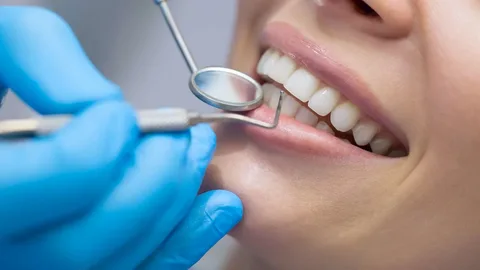Attention Deficit Hyperactivity Disorder (ADHD) is often associated with childhood. Still, it can persist into adulthood, presenting its unique challenges. Recognizing and understanding adult ADHD symptoms is crucial for individuals struggling with the condition. By acknowledging these symptoms and seeking appropriate support, individuals can better manage their ADHD and lead more fulfilling lives.
Understanding Adult ADHD
ADHD is a neurodevelopmental disorder characterized by difficulties with attention, hyperactivity, and impulsivity. While it’s commonly diagnosed in childhood, many individuals experience symptoms into adulthood. However, adult ADHD symptoms can manifest differently compared to those in children, often leading to underdiagnosis or misdiagnosis.
Common Symptoms of Adult ADHD
Recognizing the symptoms of adult ADHD is the first step towards seeking support and managing the condition effectively. Some common symptoms include:
- Inattention:
- Difficulty focusing on tasks
- Easily distracted by external stimuli
- Forgetfulness and disorganization
- Hyperactivity:
- Restlessness and an inability to stay still
- Impulsive behavior, such as interrupting others
- Difficulty engaging in quiet activities
- Impulsivity:
- Acting without considering the consequences
- Difficulty waiting for one’s turn
- Making hasty decisions without thinking them through
- Emotional Dysregulation:
- Mood swings and irritability
- Difficulty managing emotions, leading to outbursts
- Feelings of frustration and low self-esteem
- Time Management and Planning Difficulties:
- Procrastination and difficulty meeting deadlines
- Poor organization skills and trouble prioritizing tasks
- Struggles with planning and completing projects
Challenges Faced by Adults with ADHD
Living with untreated ADHD can present numerous challenges in various aspects of life:
- Academic and Professional Performance:
- Difficulty maintaining focus in classrooms or meetings
- Challenges meeting deadlines and staying organized
- Impulsive behavior impacting work relationships and productivity
- Relationships and Social Interactions:
- Trouble listening and engaging in conversations
- Impulsivity leads to conflicts and misunderstandings
- Difficulty maintaining long-term relationships due to communication issues
- Mental Health Concerns:
- Increased risk of anxiety and depression
- Feelings of inadequacy and low self-esteem
- Coping mechanisms such as substance abuse or self-isolation
Seeking Support for Adult ADHD
While living with ADHD can be challenging, there are various strategies and support systems available to help individuals manage their symptoms effectively:
- Diagnosis and Treatment:
- Seeking a comprehensive evaluation from a qualified healthcare professional
- Exploring medication options, such as stimulants or non-stimulants
- Engaging in therapy, such as cognitive-behavioral therapy (CBT) or coaching, to develop coping strategies
- Psychoeducation and Self-awareness:
- Learning about ADHD and how it manifests in adulthood
- Developing self-awareness of one’s strengths and challenges
- Identifying triggers and implementing strategies to manage symptoms
- Lifestyle Modifications:
- Establishing routines and schedules to improve time management
- Implementing organizational tools such as planners and reminder apps
- Prioritizing sleep, exercise, and nutrition to support overall well-being
- Support Groups and Peer Networks:
- Connecting with others who have ADHD for mutual support and understanding
- Participating in support groups or online forums to share experiences and coping strategies
- Building a network of friends, family, and colleagues who can offer encouragement and assistance
- Career and Academic Accommodations:
- Seeking accommodations in the workplace or educational setting, such as flexible deadlines or quiet workspaces
- Communicating with supervisors or professors about ADHD-related challenges and needs
- Exploring career paths and environments that align with individual strengths and interests
Conclusion
Recognizing and understanding adult ADHD symptoms is essential for individuals struggling with the condition. By acknowledging these symptoms and seeking appropriate support, individuals can learn to manage their ADHD effectively and lead more fulfilling lives. Through a combination of diagnosis, treatment, self-awareness, and support systems, adults with ADHD can overcome challenges and thrive in various aspects of life.




